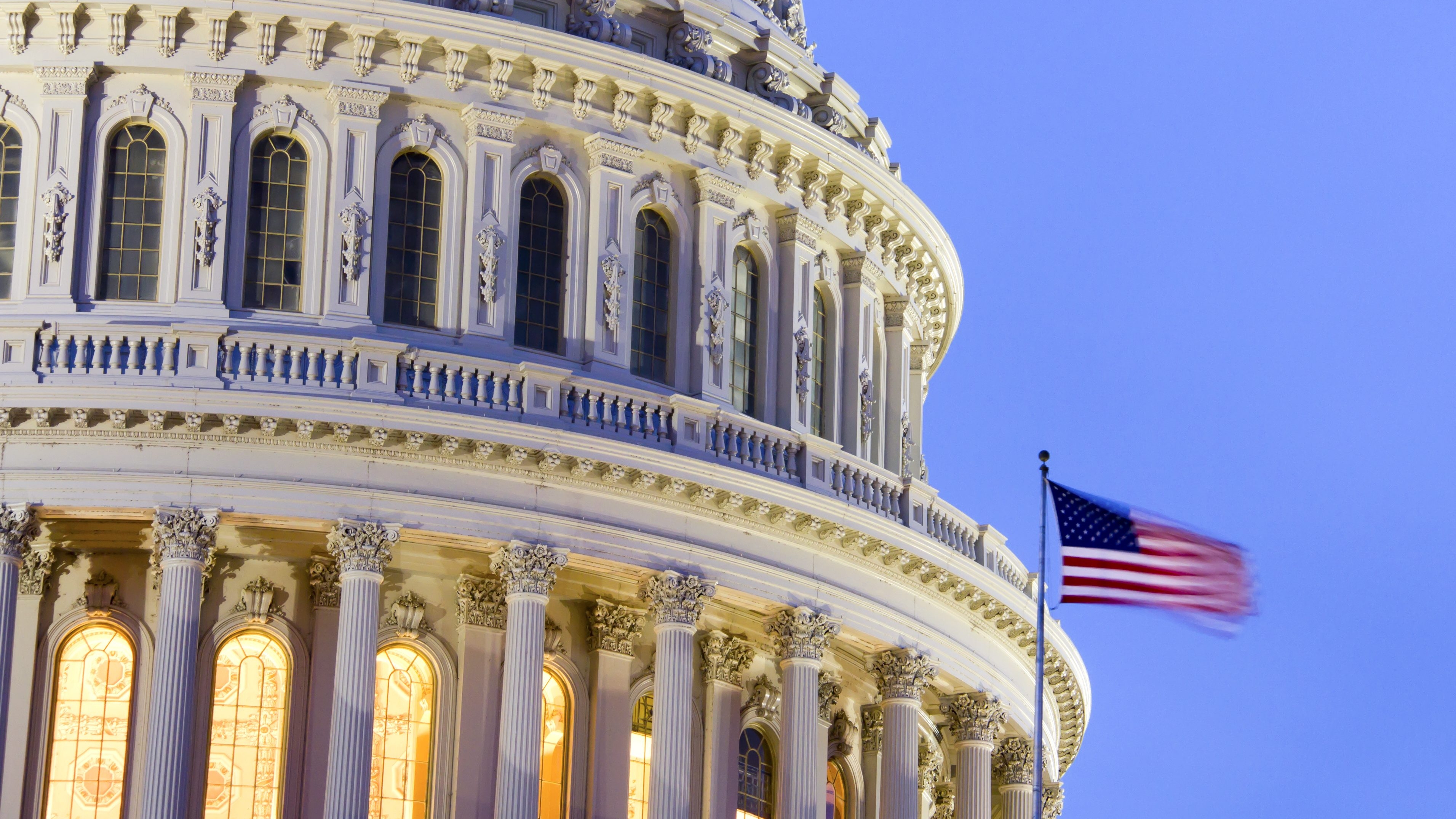On Friday the Senate Banking Committee held a hearing on the Consumer Financial Choice and Capital Markets Protection Act, S. 1117/HR2319.
Starting in October 2016, two categories of money market mutual funds commonly used by state and local governments, businesses, non-profits and other organizations were forced to abandon a key feature: the funds will no longer be allowed to offer a stable $1 per share valuation. Proponents of the legislation argue that the move negatively impacted two kinds of funds vital to the needs of public and private organizations: stable value institutional prime money market funds, which invest in short term debt issued by businesses and stable value institutional tax-exempt money market funds, which invest in short-term debt issued by states and municipalities. HR2319 would reverse the rules back to what they were before 2016. Proponents of the legislation point argue that the rule change has meant that $billions have moved from commercial banks to the stock market as a result of the rule change.
Jim Byard, the former Mayor of Prattville and Director of the Alabama Department of Economic and Community Affairs (ADECA) wrote an editorial supporting the legislation.
“After the financial meltdown, government regulators at the Securities and Exchange Commission (SEC) made a deal with some of our nation’s biggest financial companies to make a change to a financial tool that is widely used by businesses and state and local governments, known as money market funds,” Byard wrote.
“This deal turned out to have significant economic consequences. This highly technical rule changed the way money market funds are valued. These funds are used to pool the cash that municipalities and businesses use to manage taxpayer funds, support business operations or meet other financial obligations. That cash would then be invested in things our communities need.”
“When the rule change was implemented in October 2016, over one trillion dollars flowed out of those funds and drove up borrowing costs significantly above the Federal Reserve’s interest rate increases over the past two years,” Byard continued. “Municipal investments in Alabama fell by 50 percent, raising the cost of bonds that finance the maintenance and construction of schools, hospitals, roads and bridges, utilities and other critical infrastructure.”
“Enacting legislation to reverse this problem would seem like a no-brainer,” said Mayor Byard. “Unfortunately, well-heeled opponents from Wall Street are lobbying to block the legislation. Of course, no action will continue to force Alabama’s taxpayers and job creators to pay a premium for trying to drive economic growth and improve the lives of people in their communities.”
Alabama’s U.S. State Senators: Doug Jones (D) and Richard Shelby (R) are critical on this issue; because they both have votes on the powerful Senate Banking Committee. HR2315 has already passed the Republican-controlled U.S. House of Representatives with bipartisan support. The bill had 70 House co-sponsors including 28 House Democrats. Among them were Congresswoman Terri Sewell (D-Selma). The bill is being sponsored in the Senate by Pat Toomey, R-Pennsylvania, and Joe Manchin, D-West Virginia; but if the bill fails in the Senate Banking Committee it will never get to the Senate floor for an up or down vote. To get out of committee it likely will need the support of both Shelby and Jones. Co-sponsors in the Senate include: Mike Rounds (R-South Dakota), Robert Menendez, D-New Jersey, and Gary Peters, D-Michigan.
Byard said, “As a former mayor and ADECA director, I know firsthand, that following the financial crisis, state and local governments and main street businesses took the brunt of the hit, due to Washington-knows-best policy decisions. All, while the largest Wall Street firms grew and became more profitable. Municipal budgets are being squeezed, and businesses with plenty of cash-flow, net worth and collateral are continuing to face tough credit conditions from commercial banks.”
A number of Alabama groups are lobbying Jones and Shelby to support the legislation.
“The legislation referenced above is of great importance because it will enable both private industry and local and state government to cost efficiently fund desperately needed public works projects to ensure Alabama has the enhanced infrastructure for needed economic development. Fostering job and tax base growth and expanding the economy is the road to prosperity,” Alabama Road Builders Association (ARBA).
“We are very concerned that local governments, hospitals, universities and community colleges will lose a significant purchaser of local tax-exempt debt if money market funds are not permitted to retain a fixed net asset value. As a result, our members will lose the opportunity to remain a vital part of the construction trades.”
“ASU uses tax-exempt bonds to finance capital expenditures including new construction, facilities upgrade, and property and equipment purchases,” wrote Alabama State University Vice President for Business and Finance Wanda L.P. Smith. “We are concerned with the Security and Exchange Commission’s (SEC) new rule, effective September 2016, prime money market funds may no longer purchase such debt obligations. The current SEC rule will increase project costs and could delay the implementation of future capital plans at ASU.”
“Counties and cities deeply depend on money markets funds to manage their debt to expand roads, schools, water systems, and other infrastructure projects,” wrote State Senator Gerald Dial, R-Lineville. “While it is important everywhere, it is especially important to the continued development of rural Alabama. So your support for S.1117 and the reform of rule 2A-7 is very much needed. All of this can be remedied by passage of S.1117 to restore traditional fixed asset values to Money Funds.”
“On behalf of the City Council of Mountain Brook, please be advised that the City Council requests your support for S.1117, the Consumer Financial Choice and Capital Markets Protection Act,” wrote Mountain Brook Mayor Steward Welch III.
“Without this legislation Alabama would be put at a competitive disadvantage,” wrote Alabama Treasure Young Boozer (R). “Without MMFs Alabama issuers will be choosing between more costly alternatives such as bank loans and other potentially less efficient types of capital markets financing.”
Some on the far left are opposing S.1117 because they oppose any rollback of Obama Administration banking regulations by the Trump Administration.





















































